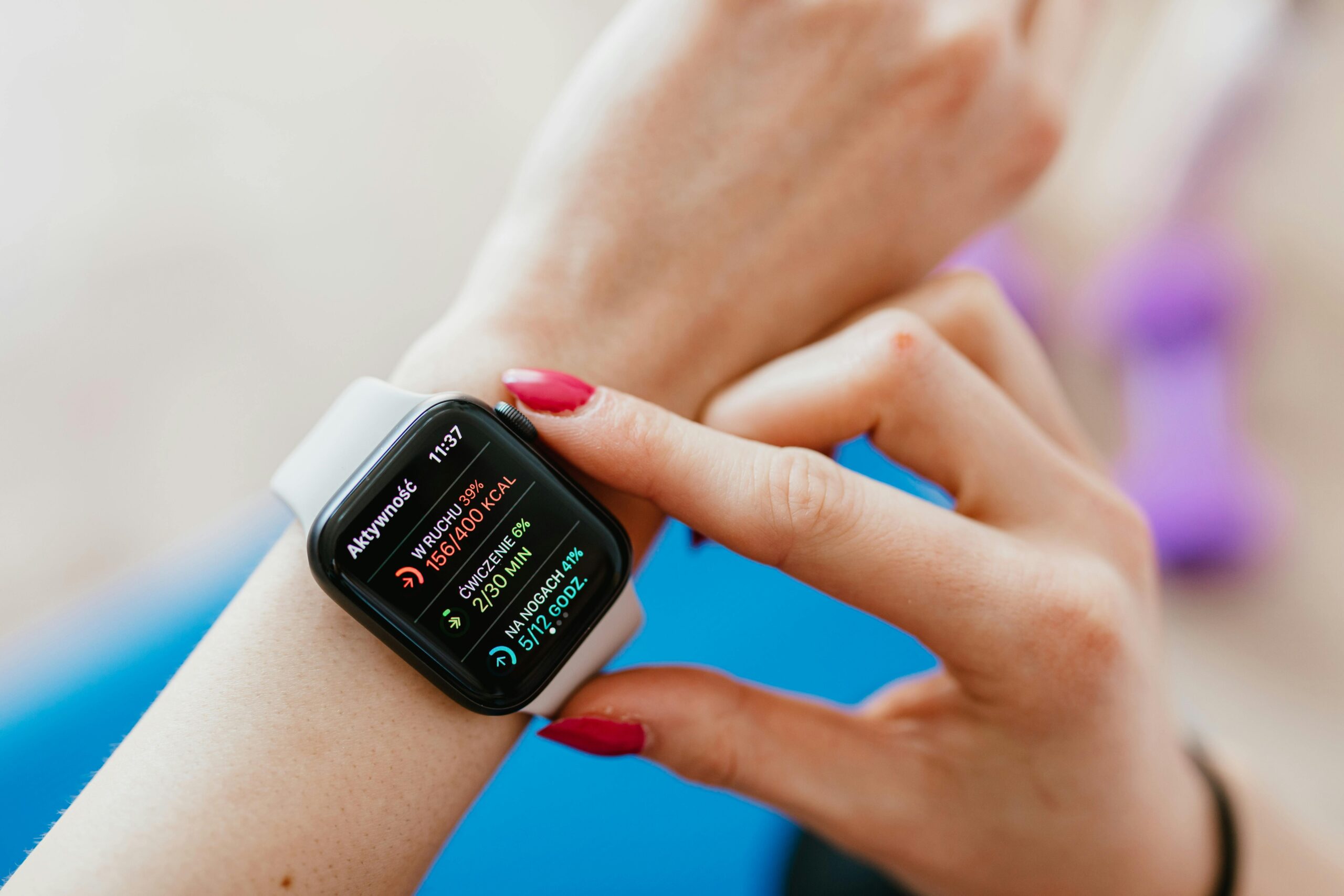How To Choose The Right Fitness Tracker
Embarking on a journey towards fitness is akin to stepping onto a winding trail, each stride a step closer to your wellness goals. For beginners, the path to progress is both exhilarating and daunting, filled with questions on pacing, form, and gear. Among the arsenal of tools at your disposal, the fitness tracker stands as a faithful companion, ready to decode your strides and inspire your next leap forward.
But amidst the sea of options, how do you choose the right fitness tracker? In this post I’ll walk you through my thought process that helped me get my Garmin Venu 2 and I’m sure you’ll be able to find answers to some of your questions.
Why Do You Need A Fitness Tracker?
For my first couple of runs I didn’t use a fitness tracker at all. I had a pretty good smartphone and I was using it to track my runs. Although I was mostly doing laps around a stadium, at a certain point my phone’s location started to go crazy and in the end Strava thought I ran around 5 km on a run that was for sure not longern than 3.5 km.
On one hand, this was fun as I did set some world records. Like completing 400m in 20 seconds. On the other hand it was frustrating as none of the data about that run was accurate. I didn’t know my real pace, my cadence, the correct distance.
But having the right fitness tracker is more than that! Picture this: a personal coach strapped to your wrist, diligently monitoring your progress, tracking every heartbeat, and analyzing each stride. Whether you’re aiming for a leisurely jog or gearing up for a marathon, a fitness tracker offers invaluable insights, keeping you accountable, motivated, and finely tuned to your body’s rhythms. It’s not just about numbers; it’s about unlocking the power of data to optimize your performance, prevent injury, and transform your running experience from good to extraordinary.
What Exactly Do You Want To Do?
The first question to ask yourself when chosing the right fitness tracker is what exactly do you want to use it for? Is it mostly running? Or do you plan to do anything else? I asked those questions myself and for me the answer was very clear. I was already doing a lot of different sporting activities. Besides running, I want to also consistently take my bike out for a ride, continue to go on hikes at least once a month. One of my more ambitious goals is to complete a triathlon at some point, therefore I will also need to start swimming. Last, but not least, as I lost a lot of weight recently, I will also need to start doing some weight training for muscle toning.
Therefore, I needed a device that’s able to track different types of activities, both indoor and outdoor activities, that’s able to monitor my health metrics and provide me valuable information about my overall fitness level.
Choosing The Right Garmin
Doing a research based on the above defined criteria already narrowed my choices to 3 possible brands: Garmin, Suunto and Coros. I’m sure Suunto and Coros have some great products, but my brain was mostly exposed to Garmin already through friends that were already using it for their bike rides. So, I chose Garmin. But which one? There a lot of different series out there at different price points. Like Venu, Forerunner, Instinct, Epix, Fenix and Vivoactive.
The Epix and Fenix series are very expensive, They had all the functionality I needed and a lot of additional ones. Did I really need maps on my watch? Do I run ultramarathons so that I need an endless battery life while on GPS tracking? Do I really need very advanced metrics that might be useful mostly for professional athletes? The answer to all these questions was “no” and therefore I discarded these most expensive watches immediatly. Really, unless you’re doing ultramarathons you don’t need an Epix or Fenix.
The Forerunner is a great watch, but it’s designed mostly for running and I needed more than that. Vivoactive watches are smaller and more compact. Well, that doesn’t really help me. I have some congenital problems with my eyes and I don’t see well. So, a small watch was not an option.
That trimmed down the options to just one: the Venu series. But what should I choose between Venu 2 and Venu 3? After a short research I discovered that all the functionalities are pretty much the same. Except that the Venu 3 has some great support for wheelchair activities. That’s really very nice, but fortunately I didn’t need those functionalities. Therefore, the winner was the Garmin Venu 2 for me.
Choosing The Right Fitness Tracker
To summarize and generalize my experience, here are some guidelines on how tho chose the right fitness tracker:
- Define what exactly you want to use the tracker for
- Define the budget you are willing to spend
- Discard products that have more features than you need. I know we all want to be the best athletes, but probably 99% of us don’t really need a Fenix or Epix
- Take into consideration some other factors (like if you have problems with your sight or any other factors that need to be taken into consideration)
I hope this helps. Also, I would be thrilled if you can share in the comments how did YOU chose the right fitness tracker for you?

1 comment